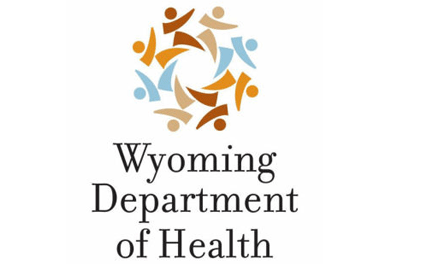
The Wyoming Department of Health (WDH) has detected an alarming, localized increase in reported syphilis cases from southeast Wyoming this year.
“We have had six reported cases of what we describe as ‘early’ syphilis reported in Laramie County since January 1,” said Courtney Smith, Communicable Disease Surveillance Program manager with WDH. “When compared to a total of six reported ‘early’ and four ‘late’ cases statewide last year, this is significant.”
Smith explained the “early” case designation is important because it means the disease has been recently acquired, making it a more current and potentially ongoing concern. “We don’t know how many others may be infected with syphilis in the area but who do not realize that’s happened,” she said.
Syphilis is primarily transmitted through unprotected sexual activity. Inconsistent condom use, anonymous partners and meeting partners via hookup smartphone and computer apps are risks connected with this recent increase.
If left untreated, syphilis can lead to serious complications such as dementia, blindness, numbness, paralysis and death.
“Some people who get syphilis may notice a painless sore, called a chancre, that eventually goes away on its own, a rash on the palms of their hands or soles of their feet, hair loss and fever,” Smith said. “Others may not notice any symptoms. The only way to know for sure is to get yourself tested.”
To learn more about the risk behaviors for syphilis infection, visit www.knowyo.org or contact a medical professional. The www.knowyo.org site also provides a voucher code for free or low-cost syphilis, gonorrhea, chlamydia, HIV and hepatitis testing.
Genital sores caused by syphilis make it easier to transmit and acquire HIV infection. “There is an estimated 2- to 5-fold increased risk of acquiring HIV if exposed to that infection when syphilis is present,” Smith said.
“Fortunately, the same steps you can take to decrease your risk of syphilis infection can also reduce your risk for HIV and other STDs,” Smith said. Actions recommended by WDH include abstinence, limiting the number of partners, correct and consistent condom use and getting tested before starting a new sexual relationship.



